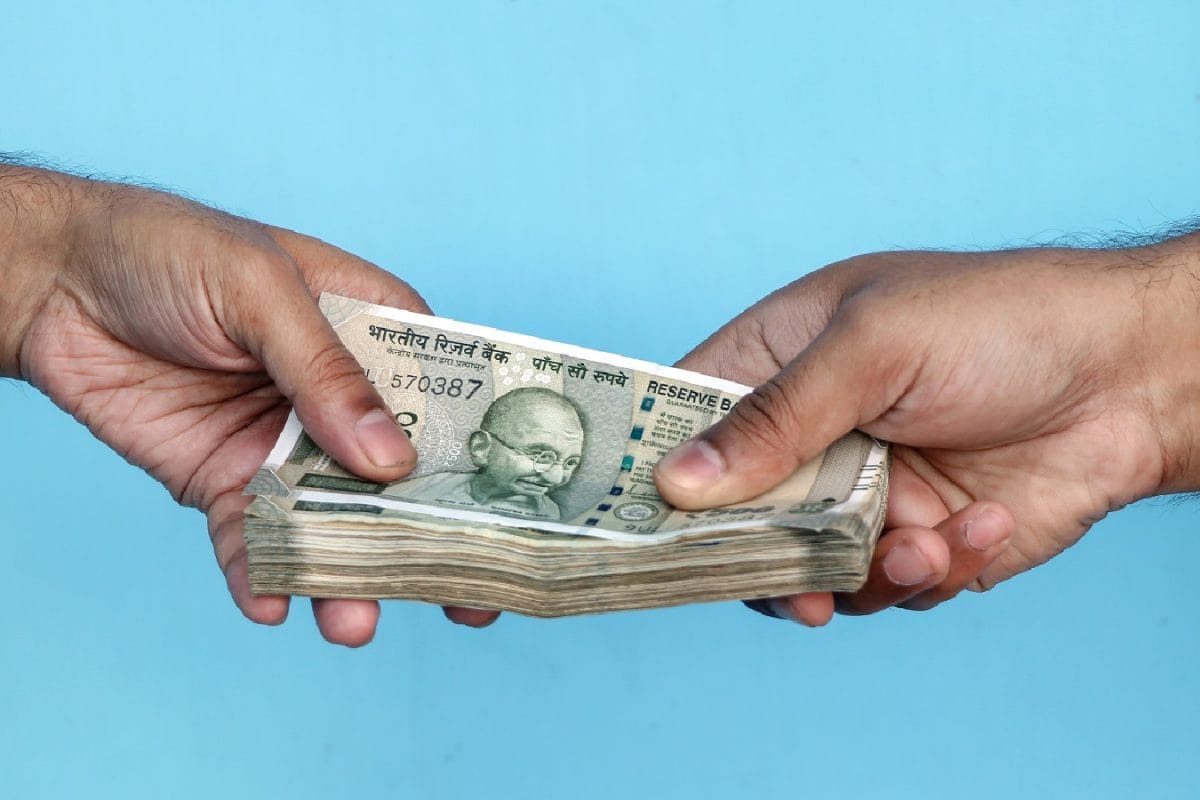
Written by Sachin Seth, who is the Chairperson at CRIF High Mark: Zero-Interest EMIs have emerged as a common feature in Indian consumer financing. Be it purchasing a mobile phone, a fridge, or perhaps funding a holiday, the "zero-cost EMI" choice often appears during payment. Breaking down large expenditures into manageable monthly installments without extra interest charges can make financial planning quite attractive.
This method might also assist in establishing a credit history since such transactions get reported to credit agencies. Nonetheless, it’s crucial to stay vigilant about EMI payments because missing them or deferring interest could harm your credit rating.
Non-cost EMI options might sound like they come without charges, but they usually aren’t completely free. Instead of explicitly charging customers for interest, sellers often cover these costs themselves or integrate them into the overall purchase price. A prime illustration of this setup is known as 'dealer subvention,' which is frequently employed when selling items such as motorcycles and household goods. In these cases, either the dealership or the original equipment manufacturer absorbs the interest expense, manages it via upfront payments, or includes it within the item’s total cost.
A lot of new professionals and individuals who have never used credit before are drawn to No-Cost EMIs because they provide an accessible path to obtaining credit. Additionally, these loans serve as a means for establishing or enhancing one’s credit record. This seems logical at face value. Making timely EMI payments boosts your credit rating, particularly when you do not yet have a substantial credit background. When utilized wisely, No-Cost EMIs allow you to show consistent payment behavior which can gradually enhance your financial reliability and credibility.
Nonetheless, the advantages might turn against you under specific circumstances. Regularly opting for No-Cost EMI choices across various platforms may lead to numerous active loan accounts appearing in your credit history, which portrays multiple ongoing credit lines. This situation raises red flags for potential creditors regarding how responsibly you handle debt, particularly when your earnings do not align well with your credit commitments. Missing an EMI—even just by a couple of days—can substantially lower your credit rating. Often viewing these smaller-value loans as less critical, people sometimes neglect timely payments, believing they won’t affect their overall credit status considerably; however, this oversight can be quite detrimental. For instance, imagine someone who holds three separate debts: two personal ones for purchasing a smartphone and a television set, along with another mortgage loan. Should this individual delay paying off their mobile phone’s installment plan, all three loans would show a delinquency record in their file, potentially causing considerable damage to their credit score.
Moreover, initiating a request for a No-Cost EMI typically triggers a hard inquiry into your credit report prior to finalizing the deal. Multiple such requests made over a brief period can negatively influence your creditworthiness.
As EMIs appear effortless, borrowers might opt for several EMIs like No-Cost EMI options within a brief period. However, this escalates your credit usage and apparent fiscal strain, resulting in heightened leverage. Consequently, this could diminish your credibility with creditors because they assess metrics such as the total fixed commitments of the borrower.
"Credit facilitates consumption." Non-interest EMI perfectly exemplify this concept; without accessible credit, ambitious consumers may struggle to buy high-end smartphones and household appliances. When handled wisely, these EMIs offer an excellent way to enhance living standards and convenience. However, it’s crucial not to extend beyond what your earnings can sustainably support through debt. A prudent approach would involve limiting total monthly EMI expenses so they remain within manageable limits relative to your income. Additionally, consistently reviewing your credit reports can aid in avoiding excessive borrowing and maintaining a robust credit rating.
It is written by Sachin Seth, who is the Chairman of CRIF High Mark.
The opinions presented in this article belong to the author and do not reflect the stance of this publication.
